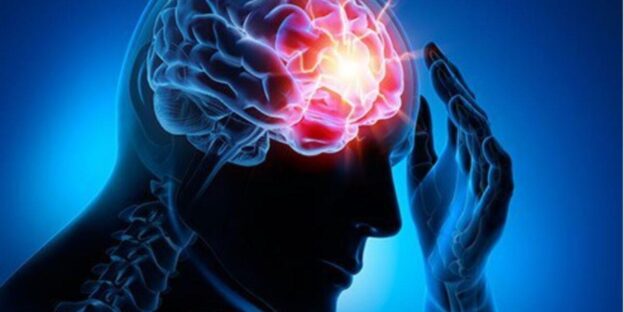Head Injury Precautions and Treatments
A knock on the head and a skull fracture are all examples of head injuries. Some severe head traumas might result in brain damage or even death.
Knowing the signs and symptoms of a concussion and some basic first aid can help individuals respond promptly to a head injury, decreasing the risk of consequences. In a recent India today article.
Dr. Rao’s hospital in Guntur has successfully performed many head injury surgeries. It is one of the most renowned and best neurology hospitals in Guntur, with expertise over the years.
Types
There are different types of brain injuries, each of which can be more or less devastating.
Traumatic brain injury (TBI) occurs when the brain is damaged, usually as a result of an accident. TBI can occur when an object hits a person’s head or when an object enters the brain through the skull.
A high-velocity ball that hits the head, a massive fall to the head, or a gunshot wound are examples.
Shaking the head vigorously can also cause SHT because the brain can jump or spin in the skull. Whiplash is a common cause of these injuries.
Traumatic brain injury (TBI) is damage to the brain that frequently results in blood clots or bruises. An intracranial hematoma (ICH) is a blood clot in the brain. Depending on its size and location in the brain, the ego can be moderate or heavy.
A concussion is a type of traumatic brain injury (TBI) in which the brain temporarily ceases to function normally. Concussion symptoms are usually not severe or long-lasting, but they can be bothersome.
The brain is protected by the skull, which is formed of thick, sturdy bone. A powerful strike, on the other hand, has the potential to crack or break the skull.
An open head wound, or a penetrating head wound, occurs when the skull is fractured and a bone or other item pierces the brain.
When should you see a doctor?
Both moderate and severe head injuries require medical attention right away. If the symptoms of a mild head injury persist for more than two weeks, get medical help.
The signs and symptoms of a concussion do not usually show right away. A person’s symptoms may appear days or weeks after an incident.
Always proceed with caution while dealing with a head injury. Even after a minor mishap, if someone is worried about their symptoms, they should see a doctor.
First aid and treatment
Mild head injuries are frequently treated at home. Swelling can be reduced by applying a cold pack to the affected region.
Tylenol can also be used, but non-steroidal anti-inflammatory medications (NSAIDs), such as ibuprofen and aspirin, should only be used if a doctor has prescribed them. Someone should check on a person periodically over the first 24 hours following a moderate head injury.
It is critical to seek medical attention if a person loses consciousness or exhibits indications of disorientation or memory loss.
After a brain injury, a person should avoid using drugs or alcohol, driving, or participating in contact sports. They may have to miss work or school.
Severe head injuries necessitate medical care right away. Anyone who encounters someone with severe head injury symptoms should dial 9010056444 or their local emergency number.
It is advisable not to move a person who has suffered a severe head injury to prevent aggravating their ailments. It’s also not a good idea to try to take someone’s helmet off if they’re wearing one.
Severe head injuries frequently require hospitalization, surgery, or long-term care.
Prevention
Although avoiding head injuries is not always feasible, specific actions may be taken to decrease the risk. These are some of them:
- When in a car, wear a seatbelt
- When cycling or riding a motorcycle, you should always wear a helmet.
- when practicing contact sports, take safety precautions
Because a brain injury can have long-term repercussions, it’s critical to take measures wherever possible.
Dr. Rao’s Contact Information:
- Phone: 9010056444, 9010057444
- Email: info@drraoshospitals.com
- Address: Old Bank St, GV Thota, beside AK Biryani Point, Guntur, Andhra Pradesh 522001
- Website: Dr. Rao’s Hospital

